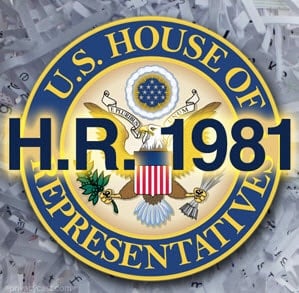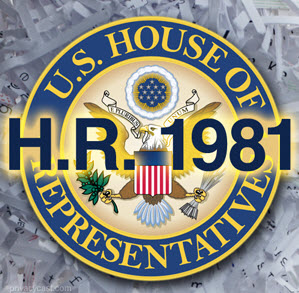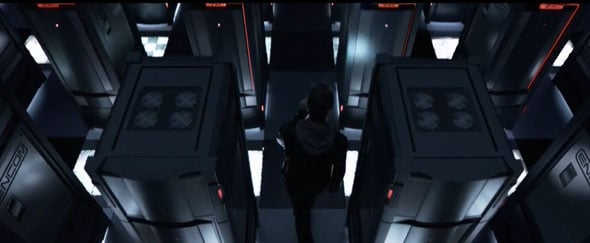
Top 5 Hollywood Blockbusters With Data Centers and Dedicated Servers
February 17, 2012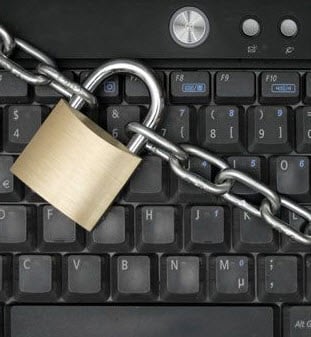
UK Internet Privacy Laws Effect American Citizens
February 21, 2012The SOPA bill is back in the news this past weekend due to what people are calling SOPA Part II, the House of Representatives Bill 1981(H.R. 1981) Protecting Children from Internet Pornographers Act of 2011. Internet advocates are trying to create a sense of outrage as seen from the announcement of the SOPA Bill. Unfortunately (or for good reason) this bill hasn’t pick up any momentum for the cause. The bill sets out to prohibit knowingly conducting, whether in the states or a foreign location, a financial transaction that allows access to, or the possession of, child pornography. Although it mimics a bill already in place, this bill adds as predicate offenses to the money laundering statue such as access to child pornography and obscene representation of the abuse of children.
What is H.R. 1981?
This bill requires internet service providers to retain at least 18 months of temporarily assigned network addresses assigned to each account. Ultimately this is no different than laid out in section 2703(h) of title 18 which states that a government entity may require the disclosure by a provider of any wire or electronic communication without notice to the subscriber or customer (assuming the government has a warrant). In other words, a remote computing service such as colocation, dedicated server, and managed servers are subject to government attack. The internet service provider, however, is only legally required to give the name, address, phone number, service information, and means and source of payment (again, assuming the subpoena is present). Of course, the internet provider is no subject to any liability for providing the equipment and information.
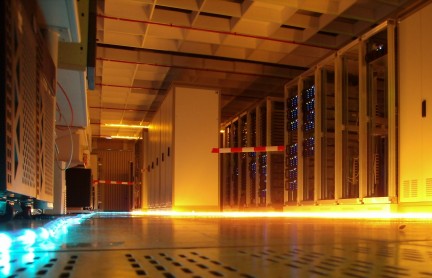
Overall this bill will not cause the outrage many internet advocates and free internet protesters want. This bill, which was introduced in May 2011, penalizes anyone whom may pay for child pornography. The financial transaction is the main difference. As far as internet access is considered, the government still holds the rights to take your server, shut down your server and website, monitor your internet use (which by the way, Google does to ‘generously give you better ads’) and access your most secure files, all with a piece of paper i.e. a warrant and/or subpoena. A colocation provider need not worry about changing anything and nor should the average internet user who, unless you are into child porn, will not be affected.
